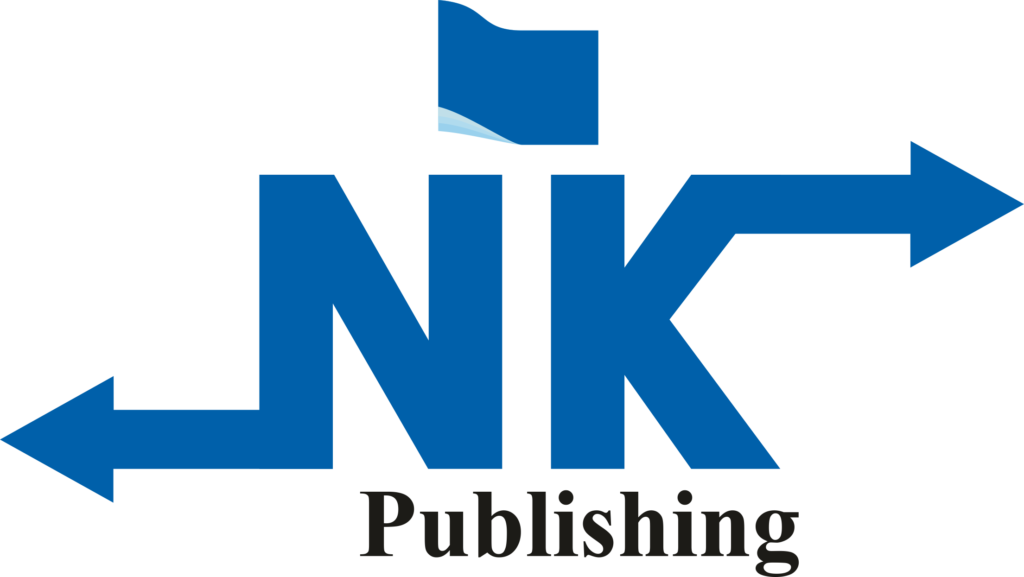PAPER ID:IJIM/V.I(VIII)/26-29/5
AUTHOR: Shashi Bala
TITLE: INCLUSIVE EDUCATION IN INDIA: IMPLEMENTATION, CHALLENGES AND CONCLUSION
ABSTACT: “Disability brought my life into focus. Someone had to make the first move and push for inclusion of disabled people in the mainstream.” Deepa Malik
Deepa Malik is an Indian athlete. She is the first Indian woman to win medal in Paralympics games and win a silver medal at 2016 Paralympics in the shot-put. Paralyzed from wrist down, Deepa Malik went to set records for biking and swimming. She is a set model before us that disability does not mean that person has some type of curse from God. Sometimes a child is denied admission to school that he/she cannot see properly and at same time he/she is also denied admission in special school as the child can see partly. Recent years have witnessed a growing recognition of right of children with disabilities to inclusive education. Since 2002 Education for all partners have committed to promoting a goal of inclusion. Inclusive education embraces the principle of school adapting to and accommodating all children regardless of their physical, intellectual, social, emotional, linguistic or other conditions. Out of 2.9 million children with disabilities in India 999,000 children aged 6 to 14 years (34 percent) are out of school. The percentages are even higher among children with intellectual disabilities (48%), speech impairments (36%) and multiple disabilities (59%). India has made tremendous efforts to make its education system more inclusive. Under the Right to Education Act ‘all children have right to go to school. To accommodate a greater number of children with disabilities, further progress is needed.
KEYWORDS:Inclusive Education, disability, Education for all

 Impact Factor : 5.750
Impact Factor : 5.750